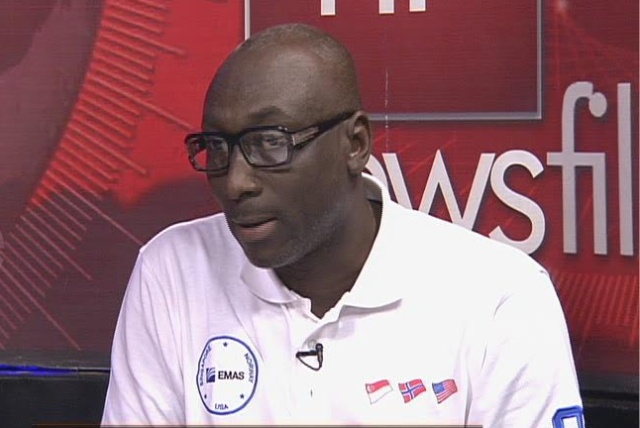A member of the
National Democratic Congress (NDC) communication and legal team, Mr Abraham
Amaliba says the second meeting on the disbandment of political vigilante
groups was very productive.
Mr Amaliba said unlike the first meeting, which reflected the different positions of the two political parties, this time the NDC and the New Patriotic Party (NPP) agreed on most things.
“This time around the communique that came out reflected same positions by both parties which was due to the ingenuity of members of the Peace Council,” he stated.
He further said it wasn’t rosy as it seemed and that there were hitches along the way, but things were brought under control.
“It wasn’t like we
went there and agreed on everything like that, there were heated debates, arguments
and misunderstandings.
“But each time both sides made a point you will find out that the chairman of the Peace Council will try to summarise and bring out key points that brought us to the consciousness that both parties were not far away, and kept narrowing our differences till we got to this point,” he recounted.
He noted that the NDC sustained the need to broaden the discussion by inviting stakeholders into the dialogue.
“NDC has always maintained the need to broaden the scope of discussion. In fact, we said that we needed to bring in journalists, chiefs, clergy, religious organisations and the security agencies but limit the number of people because we can’t bring everybody in the meeting.
“At the end of the day, we both agreed that to commence the discussion on the disbandment of vigilante groups, the people who have worked all their lives and institutions conducting research on how vigilantism came about and what we can do to end it, also have to be there.”
Speaking on Joy News’s AM Show, he added that the two meetings so far were not used to deliberate on how to disband vigilante groups, but were used to look at the scope of participation and the scope of the stakeholder discussion.
Source: Nana
Aba Mensah | Adomonline

